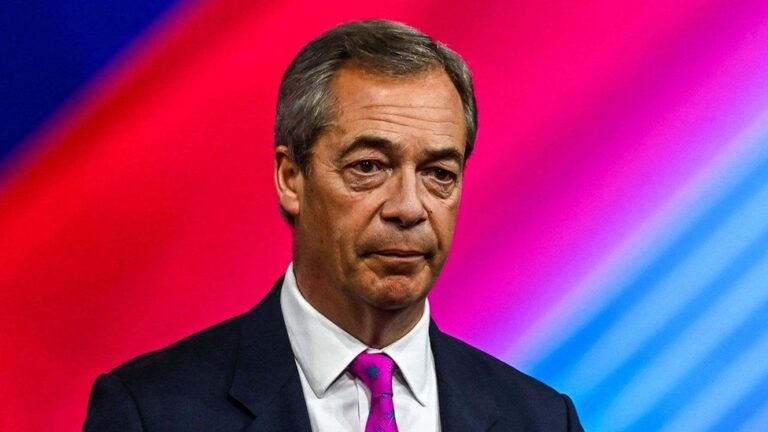Farage Backtracks on Controversial Asylum Policy
Nigel Farage, former UKIP leader, has made headlines again by seemingly abandoning a key Reform UK policy during a live radio interview. Just ahead of launching his election campaign at Clacton pier, Farage admitted that the party’s plan to process asylum seekers in British Overseas Territories is “not terribly practical.” This revelation came only a day after his dramatic return to the political scene, as first reported by The Independent.
A Closer Look at the Abandoned Policy
Reform UK’s provisional manifesto had proposed a bold move: processing asylum seekers in British Overseas Territories to prevent undocumented migrants from absconding and working illegally or committing crimes. However, when grilled on BBC Radio 4’s Today programme by presenter Mishal Husain, Farage appeared to step back from this policy. Husain pressed him on the feasibility of such a plan, questioning which territories would be used, including the Falkland Islands, Gibraltar, Montserrat, and the Turks and Caicos Islands. Farage conceded, “I don’t think it’s terribly practical.”
Farage’s Quick Political Pivot
Farage, who had sensationally reclaimed leadership of Reform UK just the day before, was quick to clarify his stance. “I think it is a very difficult policy to work, and I have not put it forward by the way. I took over yesterday, so give me more than 12 hours and I will sort a few things out,” he explained. This admission highlighted the challenges facing the party’s asylum policy and suggested upcoming changes under his renewed leadership.
Tensions Rise Over Comments on British Values
The interview also touched on Farage’s recent controversial remarks about British values and the Muslim community. Farage claimed that in certain areas of Oldham, Greater Manchester, “no one speaks English.” When Husain countered that people could be bilingual and pointed out that Farage’s own children likely speak another language due to their German heritage, Farage declined to discuss his children, though he has previously acknowledged that they hold British and German passports and speak “perfect German.”
Farage’s Political Comeback Shakes Up the Tories
Farage’s return to the political arena and his bid to become an MP in Clacton, Essex, poses a significant threat to the Conservative Party. This move is seen as an “existential risk” for the Tories, especially given Farage’s prior announcement that he would not run for Parliament. His change of heart comes at a critical time for the Conservative Party, with polls indicating a potential historic defeat.
Polls Paint a Grim Picture for Conservatives
Recent polls underline the dire situation for the Tories. A YouGov MRP poll of 12,000 people predicted that Labour would secure its largest-ever majority, with the Conservatives stuck at 140 seats. Another Redfield and Wilton poll of 10,000 voters showed Labour leading by 26 points, suggesting the Conservatives could be reduced to just 24 seats. This follows an MRP poll from the weekend that projected the Tories could end up with as few as 66 seats.
The Conservative Response: An Immigration Lock Pledge
In a bid to counter Farage’s influence and prevent a split in the right-wing vote, Tory MPs and candidates were summoned to a briefing on a new “immigration lock” pledge. This policy would impose a legal limit on annual immigration numbers, a clear attempt to appeal to voters who might be swayed by Reform UK’s hardline stance on immigration.
Conclusion: Farage’s Return Sparks Uncertainty
Nigel Farage’s return to frontline politics has undoubtedly shaken up the current political landscape. His apparent U-turn on a significant policy and the potential impact on the upcoming general election underscore the uncertainty and shifting dynamics within UK politics. As Farage continues to sort out his party’s policies and solidify his campaign, all eyes will be on how the Conservatives respond and how this will influence the electorate in the run.


